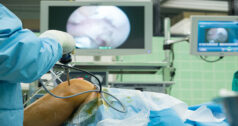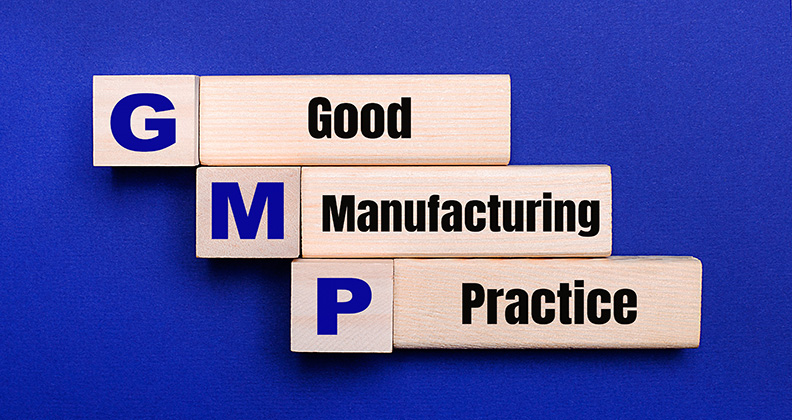The medical device tax, fought by industry since its inception, was suspended as part of the $1.8 trillion spending and tax bill passed by Congress and signed by President Obama in the waning days of 2015.
The 2.3 percent tax on medical device sales received a suspension for 2016 and 2017, and is expected to cost the U.S. $3.4 billion during those two years, according to the Joint Committee on Taxation.
The impact of the suspension will on the orthopaedic industry remains unclear. Public companies are expected to make statements as they release fourth quarter earnings in the coming weeks. Before the spending and tax bill passed, analysts said that companies with a higher percentage of U.S. sales stand to benefit the most from the suspension. Of the 17 largest orthopaedic companies, those with a higher proportion of U.S. sales include Globus Medical, Integra LifeSciences, Medtronic, NuVasive, Orthofix, Stryker and Wright Medical.
The large orthopaedic players’ concerns over the device tax seem to have decreased since its implementation in 2013. Still, everyone remembers the frenzied climate when the tax was enacted in 2010 and levied in January 2013. Without a full repeal, companies may remain limited in their strategic actions.
While the two-year suspension of the tax is a positive step, with the tax not repealed there is still uncertainty, particularly for smaller players who have arguably been impacted the most.
Associations like AdvaMed and MDMA quickly applauded the news, noting that the tax had cost the medical device industry jobs and pinched research and development resources.
- An MDMA survey of 109 medical device executives conducted during November and December 2014 found that 72 percent of companies had slowed or halted job creation as a result of the tax. Survey respondents said that if the tax were repealed, 85 percent would hire new employees in the U.S.
- Further, 80 percent of respondents indicated that they would increase R&D investments following a repeal.
On the other hand, a 2015 Emergo Group survey found that most U.S. companies did not make major changes in 2014 in response to the levy, suggesting that the tax has become part of daily business.
Based upon responses from 685 medical device executives in the U.S., the Emergo Group survey found that:
- 57% of companies made no significant changes
- 29% raised prices
- 18% invested less in R&D
- 14% reduced staff
- 8% lowered production costs without reducing staff
Prior to the announcements, our editorial staff had begun a review of previous years’ R&D budgets to determine whether or not the tax was negatively affecting product development. (You can expect more on this topic in the March issue.)




